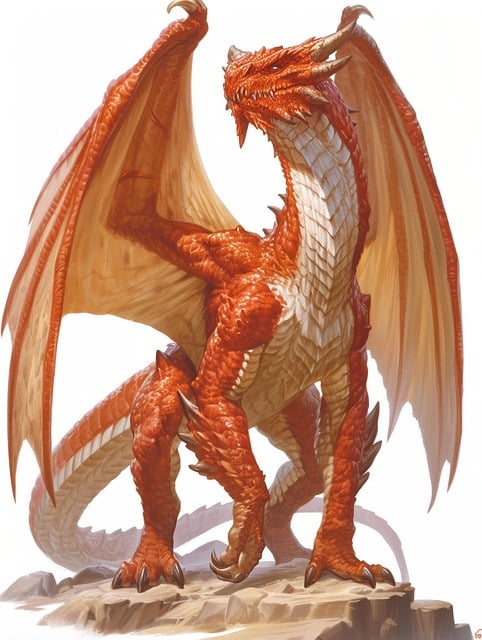7 fortune gods 🎱 The Enigmatic Seven: Unraveling the Mystique of the Fortune Gods

The Enigmatic Seven: Unraveling the Mystique of the Fortune Gods
Step into a world where luck dances on the edge of each moment, where destiny is guided by whimsical deities, and where fortune is not just a stroke of luck but a celebration of life. The story of the Seven Fortune Gods, or Shichifukujin, is one woven with threads of hope, prosperity, and a dash of mischief. These charming figures hail from Japanese folklore, and each one carries unique gifts that can transform the mundane into the extraordinary. So, let’s embark on a journey to meet these enchanting gods and discover what they can teach us about happiness and abundance.
First up on our roster of divine luck-bringers is Hotei, the jolly, rotund figure often depicted with a big smile and a sack overflowing with treasures. Hotei, the god of contentment, embodies joy and abundance, reminding us that true wealth lies not in material possessions but in the richness of our experiences. His laughter is infectious, inviting us to approach life with a light heart. Imagine a world where we take ourselves less seriously, where laughter becomes the soundtrack to our days. Hotei’s message resonates now more than ever, nudging us to find delight in the small things and to share our happiness with those around us.7 fortune gods

Next, we encounter the stoic Benzaiten, the goddess of wisdom and the arts. Often portrayed playing a biwa, a traditional Japanese string instrument, she inspires creativity and intellectual pursuits. Benzaiten reminds us that fortune isn’t just about wealth; it’s also about the richness of knowledge and the beauty of artistic expression. In a time when creativity often takes a backseat to the hustle and bustle of daily life, her presence encourages us to nurture our passions and embrace the arts in all their forms. Whether it’s picking up a paintbrush, writing a story, or simply appreciating a captivating melody, Benzaiten whispers to us to let our creative spirits soar.
Then there’s Daikokuten, the god of wealth and commerce, often depicted with a mallet and a bag of rice. His robust figure symbolizes prosperity, but more importantly, he teaches us the value of hard work and determination. Daikokuten’s message is clear: while fortune may smile upon us, it’s our efforts that ultimately shape our destinies. He encourages us to roll up our sleeves and pursue our dreams with fervor. In a world where instant gratification is the norm, Daikokuten’s wisdom reminds us of the importance of perseverance and the rewards that come from diligence.
As we continue our journey, we meet Fukurokuju, the god of happiness and longevity. With a long, flowing beard and a wise gaze, he embodies the idea that true fortune comes from a long and fulfilling life. Fukurokuju inspires us to cultivate our well-being, both physically and spiritually. His teachings remind us that taking care of ourselves is the first step toward attracting positive energy and abundance. In a society obsessed with youth, Fukurokuju flips the script, emphasizing that every wrinkle tells a story and every gray hair is a badge of honor. He encourages us to embrace our journey and relish the wisdom that comes with age.
Worshipped for good fortune and protection, Jurojin, another of the Seven Fortune Gods, is the embodiment of longevity and good health. Often depicted with a scroll, his presence is a gentle reminder to cherish our well-being, both physically and mentally. He teaches us that a healthy life is indeed a prosperous one. In an age where self-care is often neglected, Jurojin invites us to prioritize our health, urging us to nourish our bodies and minds with kindness and patience. After all, what is the value of wealth if we cannot enjoy it in good health?
Now, let’s not forget the ever-mischievous and playful Inari. Often associated with rice and agriculture, Inari is a god of fertility and prosperity, embodying the spirit of abundance in every grain. With her fox companions, she teaches us to tread lightly and respectfully upon the earth, reminding us that true fortune comes from harmony with nature. Inari’s playful nature challenges us to view life through a lens of wonder and curiosity, inviting us to explore the world around us and appreciate the bounty it offers. Her presence is particularly poignant in today’s environmental discourse, as she encourages us to embrace sustainable practices and to cultivate a sense of gratitude for the earth’s gifts.7 fortune gods
Last but certainly not least is the charming and often overlooked Ebisu. The god of fishermen and tradesmen, he carries a fishing rod and is often depicted with a big smile. Ebisu represents the joy of labor and the happiness that comes from honest work. His cheerful demeanor teaches us to find joy in our daily tasks, no matter how mundane they may seem. In a fast-paced world where burnout is commonplace, Ebisu’s gentle nudge reminds us that happiness can be found in the simple act of working diligently towards our goals, one step at a time.
The Seven Fortune Gods are more than just figures of folklore; they are embodiments of values that resonate deeply within us. They remind us to cherish joy, creativity, hard work, well-being, respect for nature, and the happiness derived from honest labor. In a world that often feels chaotic and uncertain, their stories offer us a compass to navigate through life’s challenges, inviting us to embrace abundance in all its forms. So, as you go about your day, take a moment to reflect on the wisdom of these delightful deities, and let their playful spirits guide you toward a life filled with fortune, joy, and endless possibilities.7 fortune gods

Fale conosco. Envie dúvidas, críticas ou sugestões para a nossa equipe através dos contatos abaixo:
Telefone: 0086-10-8805-0795
Email: portuguese@9099.com


